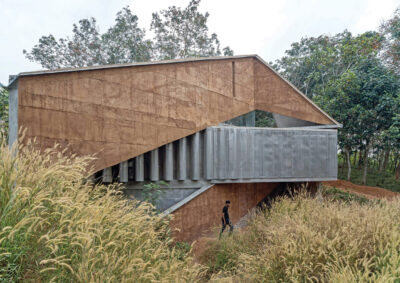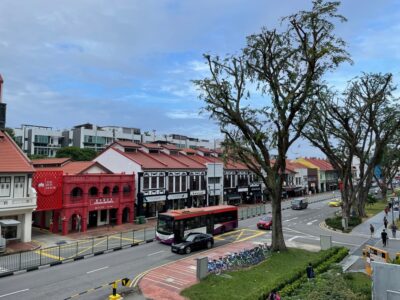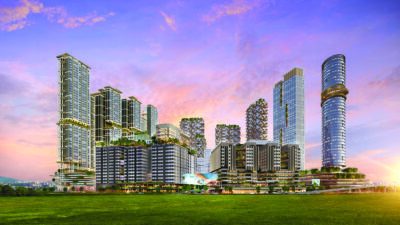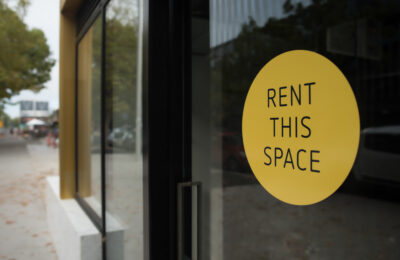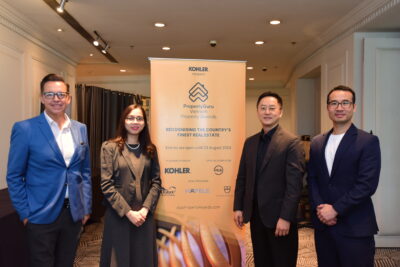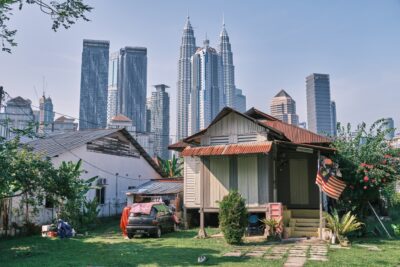How developers can market to a greying nation (and millennials too)
At once elderly and young, Thailand shakes up the old guard of branding properties
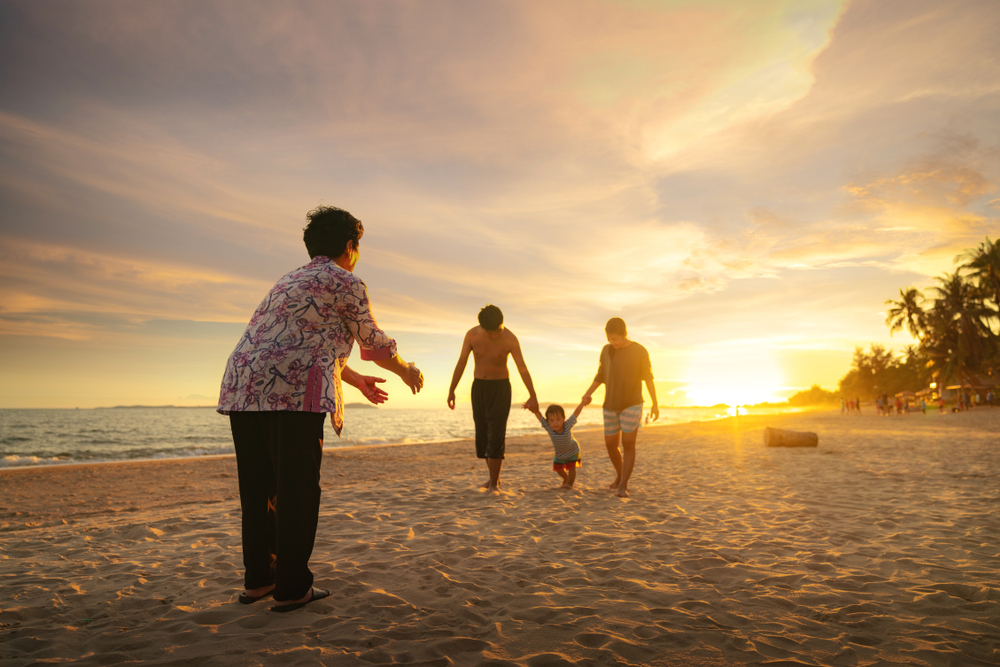
Millennials.
Seniors.
These catchwords have been volleyed more frenetically than ever among brands: characters that spell all the difference between lost leads and conversion.
They resonate more than ever in the Thai real estate market, caught in a churning flux between dramatic demographic shifts and highly malleable consumer behaviours.
Thailand is an ageing society with a fairly young workforce. People aged 65 and above will comprise 20 percent of the kingdom’s populace by 2021: ballooning to 28 percent by 2031. At the same time, millennials continue to be some of the most productive members of Thai society. They will make up 50 percent of the Thai workforce by 2025, up from the current 40 percent, according to research from the Sasin School of Management.
Around 20 million millennials, individuals born between January 1983 and December 1994, currently call Thailand home, data from FleishmanHillard showed.
How property developers engage with this changing property market should include an appeal to multiple generations, according to Pacharee Pantoomano, managing director of Bangkok-based marketing communications firm Brand Now Asia.
More: PropertyGuru Thailand Property Awards retains BDO as its judging supervisor
“Not everybody in the silver market are making their decisions now,” Pacharee said, referring to individuals aged 60 and above.
“You may also need to market to their children as maybe it’s their children making decisions for them. Maybe they can still be [independent] at home but they will need somebody. They will need certain facilities, like bathrooms that prevent them from falling, or more elevators, fewer stairs.”
In light of the greying populace, a rising number of developers in the kingdom have factored universal design components into their built areas, leading the annual PropertyGuru Thailand Property Awards to introduce a category for Best Universal Design.
“If you’re going to market [to older property seekers], you need a two-pronged approach. You will have some who are in their late years but they’re still very active, and then you have some who are looking for a quieter experience,” Pacharee said, noting that her father is still an avid golfer at a ripe age.
Apart from tapping into universally accessible design elements, developers are building international-grade senior living homes and retirement communities altogether, such as Premiere Home Health Care Co., Ltd. with Jin Wellbeing County and Sunplay Asia Limited with Sunplay Pool Villas Bangsaray. Both were Highly Commended for Best Universal Design at last year’s Thailand Property Awards.
Filtering millennials down the marketing funnel, until such a time that developers can squeeze a purchase out of them, will prove to be tricky in Thailand, in comparison. Or anywhere for that matter: approximately 16 percent of millennials worldwide claim they never planned to buy a home, noted Pacharee.
This behooves developers to tweak their marketing strategies to something more visceral than usual. Millennials, after all, are the current champions of the experience economy, typified by a fondness of experiential activities over physical, material acquisition.
More: Thai properties thrive on growing tourist numbers, infrastructure projects
“What you see here in Thailand is the rise of experience centres in property sales galleries. You can touch things, you can hear things; they play on senses. It works pretty well,” observed Marciano Birjmohun, managing director of DMRD Real Estate consultancy and a director on the board of the Singapore-Thai Chambers of Commerce.
It is a new consumerist reality that allows the scentscaping phenomenon to thrive, with hoteliers lavishing investments on making their lobbies, key entry points, and common areas smell as good as possible. While visual memories fade by 60 percent after a year, the memory of a scent fades by 40 percent — a factoid that led Marriott to roll out a scents programme for its Renaissance hotels.
“Nowadays we design not only to make experiences but also build memories into the space,” said Sasivimol Sinthawanarong, design principal of Thai architecture and interior design firm Jarken Co Ltd.
“When you are thinking of creating something with your clients, see what you can smell, what you can touch,” Pacharee said. “Bring the elements together to touch the different senses.”
But it will take a bit more strategising to bring together a market, fractured into different age segments, under one roof. With the dawn of the 2020s, development firms are compelled more than ever to rethink their outreach to polar age groups as more university graduates get fledged into workers, Generation X flirt with becoming grandparents, and baby boomers turn into empty nesters.
Finally, Thai home builders will need to steel themselves for the grim but all-too real notion of leaving this mortal coil.
“Towards the end of life, it’s not just the older people making decisions. Children are involved in decision-making. You need to speak to both of them,” said Pacharee.
What projects are worthy of winning Thailand’s Best Universal Design award? Nominate those projects now. Entries are accepted until 21 June. See more details here: https://www.asiapropertyawards.com/award/thailand-property-awards/
Recommended
Meet the vagabond architect behind India’s housing scene
Vinu Daniel is helping to shake up India’s home building setting
Where Asian real estate stands in a fragmented, warmer world
Asia’s real estate industry faces many and varied challenges as external factors continue to bite
6 sights to see in Singapore’s Marine Parade
Handily located Marine Parade has emerged as a vibrant investment choice in the Lion City
There’s a township dedicated to health and wellness in Malaysia
Property seekers have their health needs catered for at KL Wellness City

